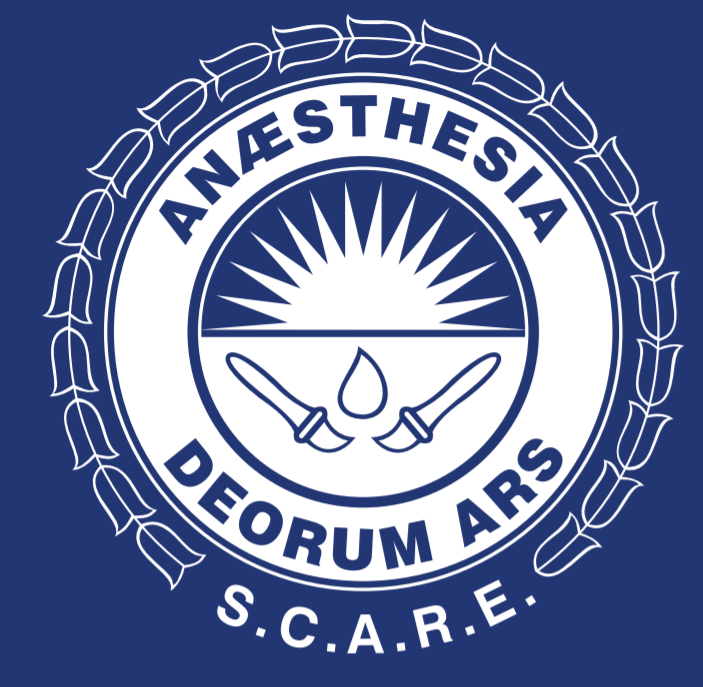The special abilities of the healthcare professional
Abstract
Introduction: One of the parameters used when analysing the occurrence of an offence of negligence is the so-called ideal average individual scale. Thus, in order to determine whether medical negligence has occurred, the criteria that apply to the average ideal practitioner are generally used. Nonetheless, there are situations in which healthcare professionals have abilities that are superior to those of the average ideal practitioner. This essay reflects on whether these superior individual qualities should be taken into account when analysing these situations, and asks whether it is possible for a physician to be held criminally liable for negligence (in cases where harm to the life or health of the patient occurs) when he or she is not using those superior individual skills but is simply acting as any other healthcare professional.
Methodology: The methodology used for this research project was the criminal dogmatic perspective, that is, a search of what criminal law has to say regarding the proposed problem, always looking to respect the principle of legality. Also, the methodological path followed throughout this research consisted mainly of three moments: an exploratory phase, a focusing phase and a concretion phase. As for the sources used, 80% of them come from the Spanish doctrine, it having dealt widely with the study of the issue at hand, and the remaining 20% consists of German work translated into Spanish, plus some limited work conducted in Colombia specifically regarding this subject in particular.
Results: There are three theories that aim to answer the aforementioned question, all of which will be analyzed in this essay, namely: the individualizing theory, the objective theory, and the intermediate or complementary theory.
References
2. Paredes Castañón J. El Riesgo permitido en Derecho penal (régimen jurídico-penal de las actividades peligrosas). Madrid: Ministerio de Justicia e Interior; 1995.
3. Luzón Peña D. Lecciones de Derecho penal general. Parte general. 2ªed. Valencia: Tirant lo Blanch; 2012.
4. Feijoo Sánchez B. Resultado lesivo e imprudencia: estudio sobre los límites de la responsabilidad penal por imprudencia y el criterio del "fin de protección de la norma de cuidado". Barcelona: José María Bosch; 2001.
5. Mir Puig Santiago. Derecho penal. Parte General. 9ª ed. Barcelona: Reppertor; 2011.
6. Rodríguez Vázquez V. Responsabilidad penal en el ejercicio de actividades médico-sanitarias. Madrid, Barcelona, Buenos Aires, Sao Paulo: Marcial Pons; 2012.
7. Corcoy Bidasolo M. El Delito imprudente: criterios de imputación del resultado. 2ª ed. Montevideo: BdeF; 2005.
8. Montealegre Lynett E. La culpa en la actividad médica: imputación objetiva y deber de cuidado. RChD. 1987;14:260-311.
9. Vallejo Jiménez G. Aproximación al concepto de imprudencia. Nuevo Derecho. 2010;6:29-37.
10. Zugaldía Espinar J. La infracción individual del deber de cuidado en el sistema del delito culposo. ADPCP. 1986: 321-32.
11. Jakobs G. Derecho penal. Parte General. Fundamentos y Teoría de la imputación. 2nd ed Madrid: Marcial Pons; 1997.
12. Choclan Montalvo A. Deber de cuidado y delito imprudente. Barcelona: Bosch; 1998.
13. Hava García E. La imprudencia médica. Valencia: Tirant lo Blanch; 2001.
14. Jescheck H, Weigend T. Tratado de Derecho penal. Parte general. 5th ed Granada: Comares; 2002.
15. Quintero Olivares G. Parte General del Derecho penal. 4th ed Cizur Menor, Navarra: Thomson-Aranzadi; 2010.
16. García Rivas N. La imprudencia "profesional": una especie a extinguir. DS. 1999;6:79-95.
17. Serrano González de Murillo J. Teoría del delito imprudente: (doctrina general y regulación legal. Madrid: Ministerio de Justicia; 1991.
18. Torio López A. El deber de cuidado en los delitos culposos. ADPCP. 1974:25-59.
19. Gimbernat Ordeig E. Introducción a la Parte General del Derecho Penal Español. Madrid: Universidad Complutense; 1979.
20. Jorge Barreiro A. La imprudencia punible en la actividad médico-quirúrgica. Madrid: Tecnos; 1990.
21. Cerezo Mir J. Curso de Derecho penal Español. Parte General. Tomo II. 6th ed Madrid: Tecnos; 1998.
22. Blanco Cordero I. Límites a la participación delictiva. Las acciones neutrales y la cooperación en el delito. Granada: Comares; 2001.
23. Delgado-Ramírez M. Examen de Estado de la Calidad de la Educación Superior: SABER PRO ¿Qué indican sus resultados? Rev Colomb Anestesiol. 2013;41:177-8.
24. Gil F, Rodríguez V, Sepúlveda L, Rondón M, Gómez-Restrepo C. Impacto de las facultades de medicina y de los estudiantes sobre los resultados en la prueba nacional de calidad de la educación superior (SABER PRO). Rev Colomb Anestesiol. 2013;41:196-204.
25. Lynn D Martin, Sally E Rampersad, Daniel KW Low, Mark A Reed. Mejoramiento de los procesos en el quirófano mediante la aplicación de la metodología Lean de Toyota. Rev Colomb Anestesiol. 2014;42:220-8.
Downloads
Altmetric
| Article metrics | |
|---|---|
| Abstract views | |
| Galley vies | |
| PDF Views | |
| HTML views | |
| Other views | |














